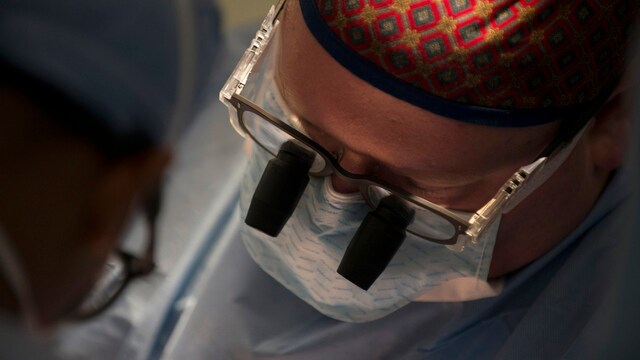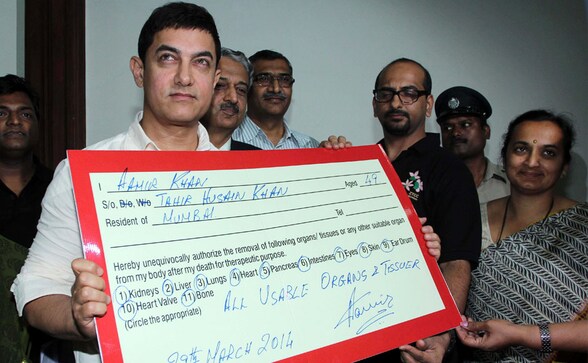World Organ Donation Day 2021: Day marked to raise awareness about cadaver donation; all you need to know
The ones who are suffering from any chronic illness are in large numbers across the world. Thousands of them lose their lives due to the unavailability of healthy organs.

Representational image. reuters
Every year on 13 August, World Organ Donation Day is observed across the world. The day is marked to spread awareness about organ donation and to clear misconceptions related to donating organs. The day is recognised to encourage people to take a pledge of donating healthy organs after their death to those who are in need.
What do you mean by Organ Donation?
The term organ donation means donating one’s organs that are in healthy condition after a person dies. Organs including kidneys, heart, pancreas, eyes, lungs, and liver can be donated to save people who are suffering from any chronic illnesses.
Why should people donate the organs of their loved ones after their death?
The ones who are suffering from any chronic illness are in large numbers across the world. Thousands of them lose their lives due to the unavailability of healthy organs.
So, by organ donation, families can turn out to be life-saving for individuals who are going through chronic illness or disease. For example, blind people get the opportunity to see after their eyes have been replaced by a donor’s eye.
By observing World Organ Donation Day, people around the world will realise that volunteering to donate their organs after death can be life-changing for many who are patiently waiting. The day also focuses on sensitising and motivating people towards assuring them to donate organs and save more lives.
Types of organ donation:
In organ donation, there are two types: the first is termed as live donation while the second is called cadaver donation. In the first type of donation, the individual donating his organ is alive. Moreover, organs like kidney and liver are donated in this case.
Coming to the second type of donation, this is performed after the donor is dead and their organs are considered healthy for transplanting.
Who can be a donor?
A person at the age of 18 can sign up to be an organ donor. However, an individual should keep in mind that he or she needs to ensure that they are not suffering from any other chronic disease including cancer, HIV, lung disease among others.
When did the first-ever organ transplant took place?
The world’s first-ever organ transplant was carried out successfully in the year 1954 by Doctor Joseph Murray in the United States of America. The organ transplant surgery was carried out between twin brothers who have been identified as Richard Herrick and Ronald Herrick.
Post the success of the organ transplant, Doctor Murray also won the Nobel Prize in Physiology and Medicine in 1990.
But comparing it with today’s time, science and technology have become so advanced that a person’s non-functional organ(s) can be replaced by a healthy organ in the organ bank.
also read

China to stop using organs of executed prisoners for transplants
China, the only country that still systematically takes organs from executed prisoners for use in transplant operations, plans to end the controversial practice from next month.

China's organ transplant system feted despite doubts around transparency
China banned the use of executed prisoners' organs in 2015 and has set up a nationwide voluntary donation system instead.

Photos: Aamir Khan gets emotional as he pledges to donate his organs
Aamir Khan pledged to donate his usable organs and interacted with the family members of the deceased whose organs were donated. Here are the images.